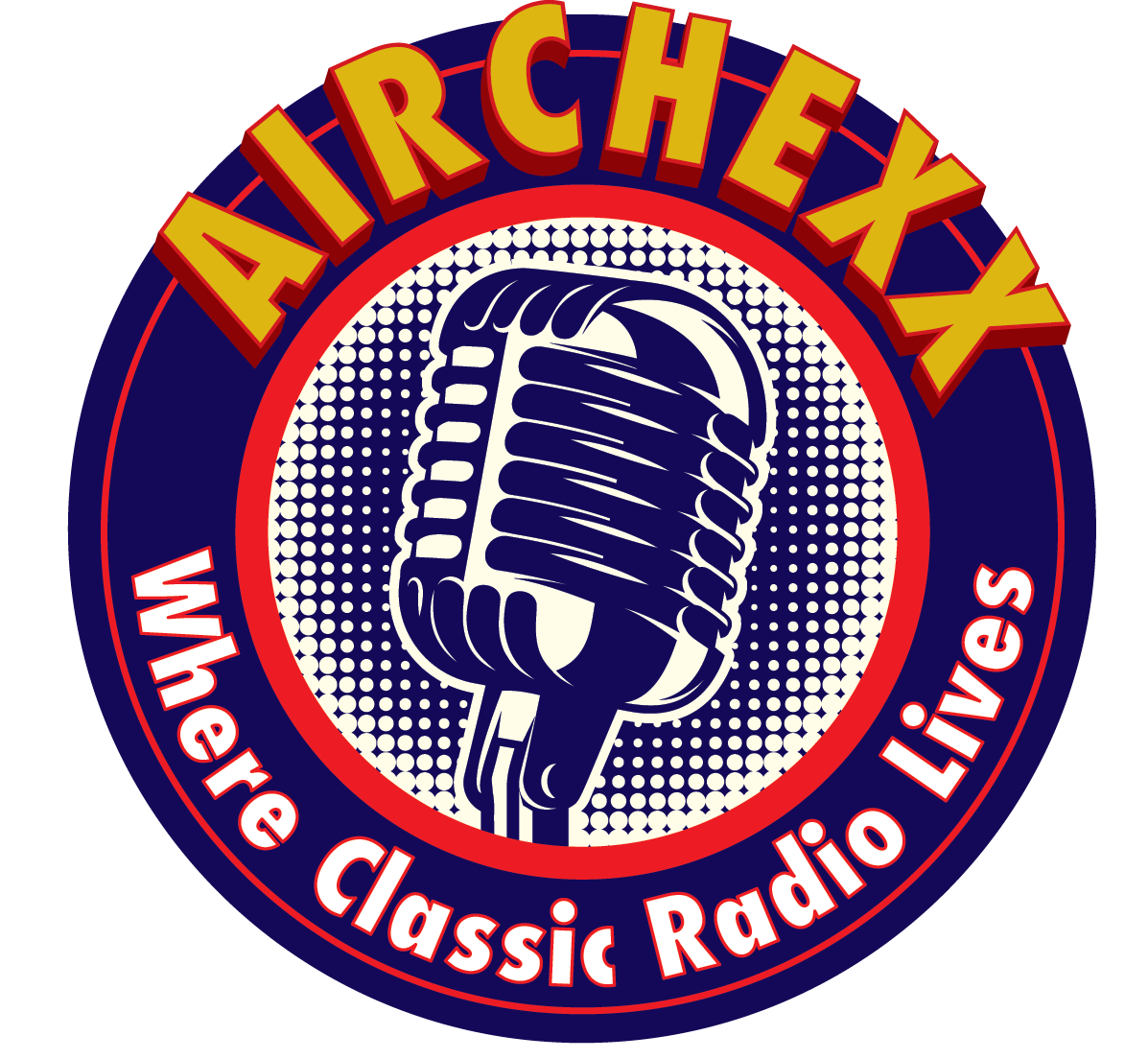… maybe it’ll be YOUR name on our big station this coming week! Wouldn’t that be nice?
Curator’s Notes:
I think one of the best things about doing this website all these years is being able to go way back to a time before many of our visitors even began listening to the radio. This really is quite a learning experience for all of us.
At the risk of stating the obvious, Brucie is talking so fast if you don’t listen very carefully at times, you miss what he’s saying. He is so animated here, it almost breaks the flow of WABC’s Top 40 format. Almost. This is controlled chaos at its best. Sure, there’s time, temp, weather forecast, and EEEEEE here and there and a commercial between each and every record. But at this point in the 1960s, WABC is firmly planted as THE go-to station for the top hit songs of the day. Every daypart is sold out, especially during the highly coveted ‘teen hours’ that Bruce Morrow was on during.
Depending upon how you feel about it, this show is either incredibly entertaining or downright infuriating, due to all the interruptions in the flow of music. Programmers would banter this back and forth through much of the 1970s as jock patter was scaled back and ‘more music’ really DID mean more music and less talk.
Not at all related to this aircheck, is this one point. It’s been said that in the 15 or so years between 1965 and 1980, there were two distinctively different styles of approach to Top 40 programming. The Bill Drake/RKO format, with no reverb and jocks reading around the liner cards, and the ABC style, used at a number of ABC O&Os, most notably WLS Chicago and WABC New York. In most markets, generally speaking, the city had either one or the other. Here, WABC had it’s competition from 1967 on from RKO General owned 98.7 WOR-FM, which later evolved into WXLO, 99X. Regardless of which flavor of Top 40 you may have preferred back then, its clear that Cousin Brucie’s jock patter style as heard here, wouldn’t last past the 1960s in most places. Who is to say, though, if that couldn’t rescue today’s nearly dead AM radio band?

Wow!Cousin Brucie gives B.Mitchel Reed a run for his money on this aircheck(as far as talking really fast on the radio goes!)
My God, does he talk fast.
This aircheck appears to be from Friday, June 4, 1965.